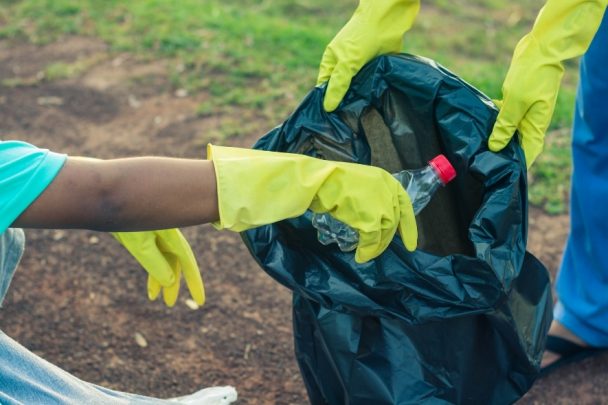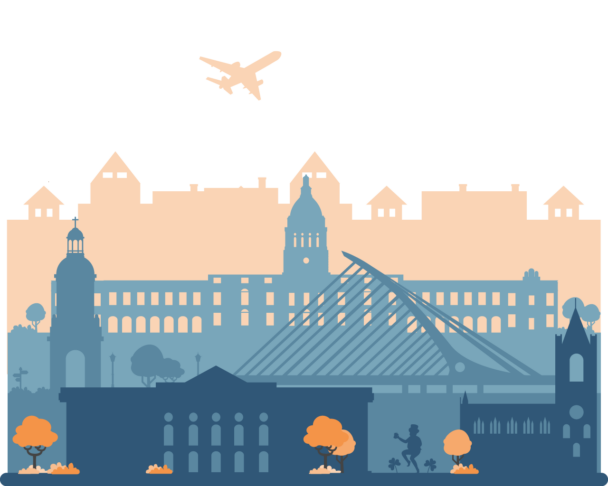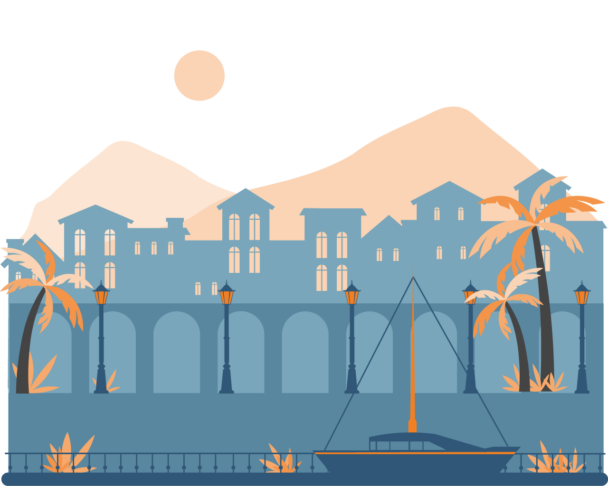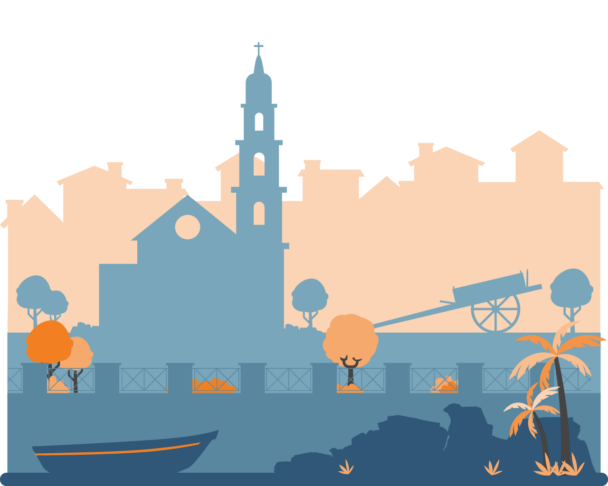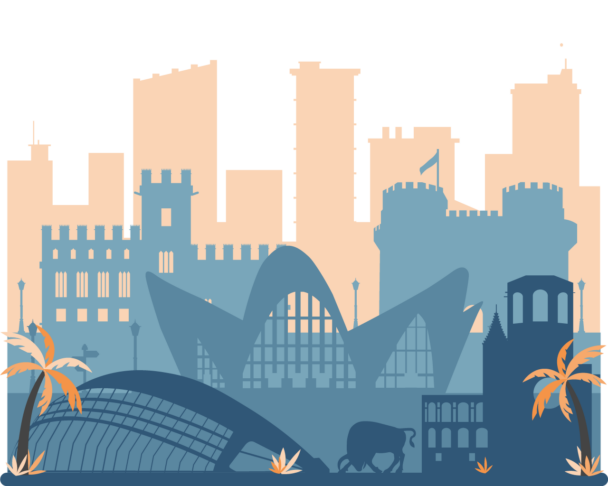Description
Service Learning is a wonderful, inclusive, and effective way for teachers, students, and schools to contribute in positive ways to the areas they live and work in, including the school community, the local community, the national community, the EU community, and even the global community.
In our schools, there is a growing appreciation for the fact that students really care about issues in their local community.
By engaging them in learning about real-world situations, we can support them in taking thoughtful and strategic action, and they can contribute positively to the well-being of people and the environment. When learning is applied in real-life situations, the purpose of that learning becomes so obvious and meaningful.
This course combines areas of Science (biology, ecosystems, habitats…), Geography (basic needs of humans, animals, and plants, geology…), and Social Studies (human impact on environments, human patterns of settlement, renewable and non-renewable resources…).
During this course, teachers will be guided through approaches to develop their own knowledge of these areas, through managing their own research, and collaboratively inquiring into ways of guiding their students in an exploration of the natural and man-made environments in their area.
A focus will be placed on how to create opportunities to visit local areas of interest and connect with people involved in service-based organizations impacting local environments.
Participating teachers will examine the possibilities and potential of Service Learning in engaging themselves and their students in practical ways with local communities and environments.
They will find out about strong and impactful Service Learning projects that other schools have engaged in.
They will also support each other in designing their program to take back to their school and share with their students, colleagues, and community.
What is included
Learning outcomes
The course will help the participants to:
- Appreciate that their local community presents environmental issues and concerns which are important to their students;
- Make connections between their student’s perspectives and the world around them;
- Engage teachers and students in real learning by addressing environmental issues that they are passionate about;
- Develop knowledge and skills about Service Learning;
- Connect the principles of Service-Learning with 21st Century Skills;
- Engage in the practical application of knowledge and skills toward meeting an identified community need;
- Demonstrate care for the environment by identifying current issues that threaten it and its inhabitants;
- Become familiar with approaches to initiate and strengthen partnerships with local organizations and individuals in the community.
Tentative schedule
Day 1 – Course Introduction
- Introduction to the course, the school, and the external week activities;
- Icebreaker activities;
- Presentations of the participants’ schools;
- Approaches to exploring and understanding local environmental challenges and concerns that interest teachers and students.
Day 2 – Our Environment…Our Shared Responsibility
- Brainstorm environmental issues currently being experienced around the world, in Europe, and in our countries and communities;
- Focus on environmental issues that are being felt in our local communities, select one;
- Identify the cross-curricular areas of knowledge and skills that are required to better understand the chosen environmental issue;
- Research to develop your own understanding of how this environmental issue is manifesting in your community…What do you need to understand and find out more about? How can you find out? What sources of research exist to support your learning; primary, secondary, and tertiary?;
- Reflect on our own learning and how this could be applied to our students.
Day 3 – Service Learning
- What Service-Learning is… and is not;
- The Five stages of Service-Learning: Investigation, Preparation and Planning, Action, Reflection, and Demonstration;
- Preparing and empowering teachers to guide students to find ways of authentically engaging with their communities, to develop and apply personal and social skills in real-life situations involving decision-making, problem-solving, initiative, responsibility, and accountability for their actions.
Day 4 – Caring for our Environment through Service Learning
- Examine case studies of effective and impactful Service Learning projects;
- Plan a framework for working with students back at school: students must be involved in the whole process;
- Engaging students: decide on some questions you will ask, as well as on strategies you will use to raise awareness, care, and initiative to take action.
Day 5 – Sharing and Refining Frameworks for Taking Action
- Share your planned framework;
- Collaborative problem-solving – Clinical Protocol;
- Give and receive constructive feedback on your planned framework;
- Make changes and re-share planned frameworks.
Day 6 – Course closure & excursion
- Course evaluation: round-up of acquired competencies, feedback, and discussion;
- Awarding of the course Certificate of Attendance;
- Excursion and other external cultural activities.
